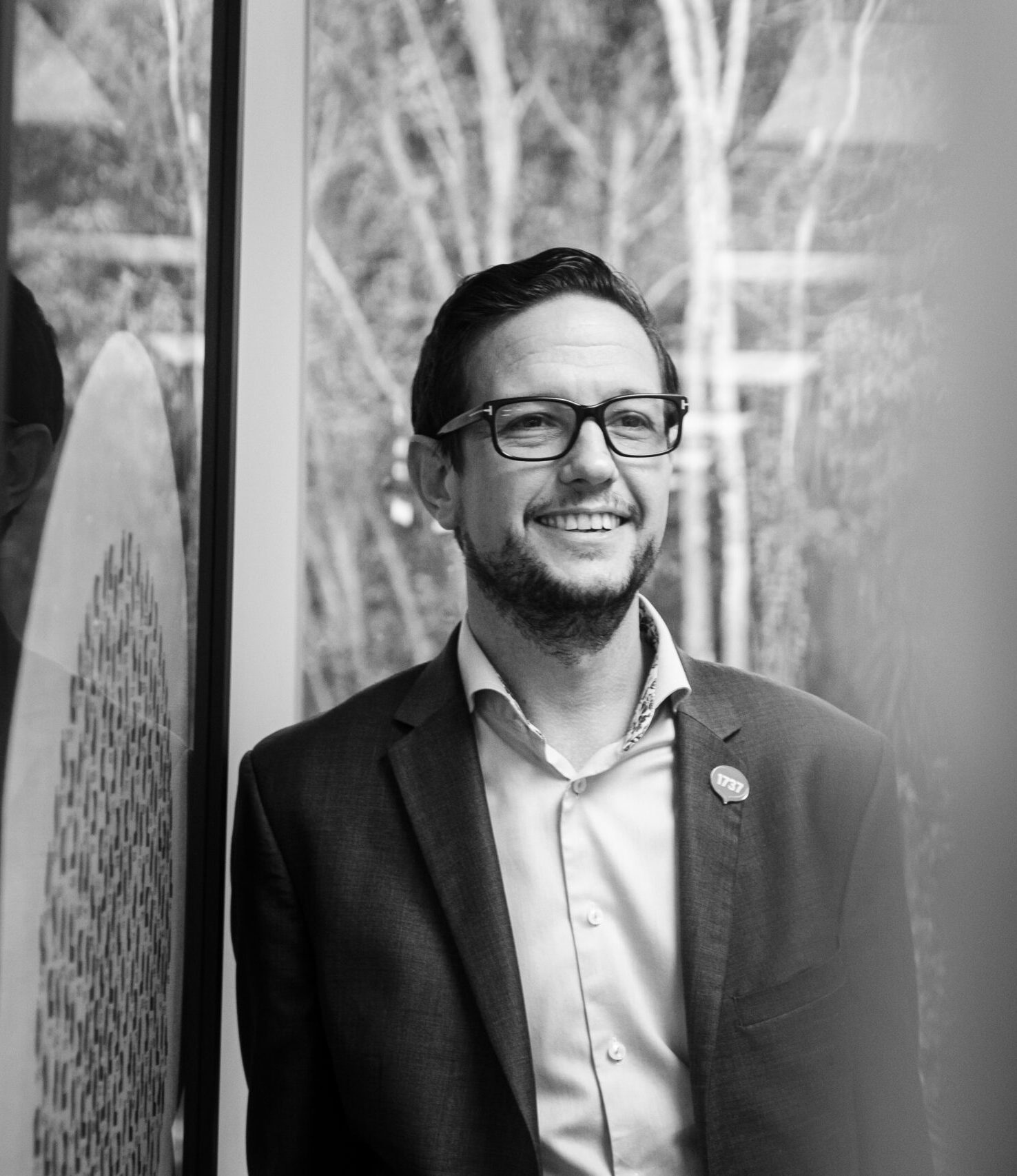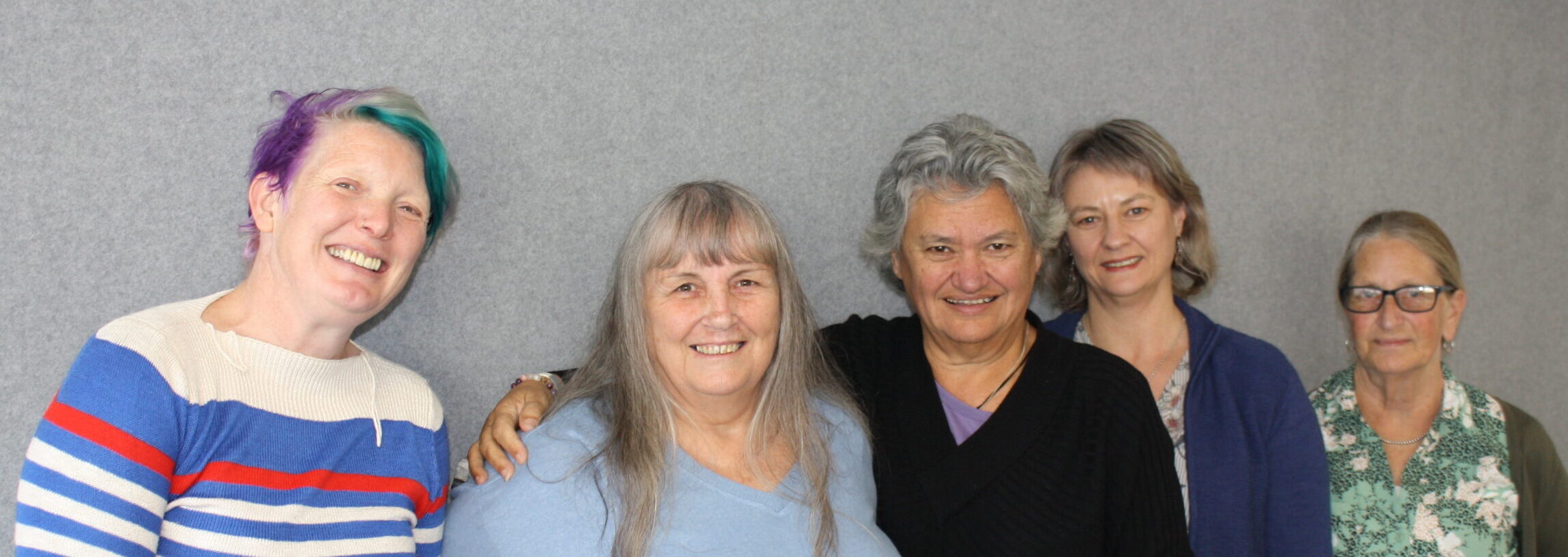NZNO mental health nurses section (MHNS) chair Helen Garrick said two more nurses “wouldn’t make a huge dent” in New Zealand’s mental health workforce shortage.
‘It’s important to acknowledge the time it takes to employ people from overseas due to visa and professional registration requirements.’
Four allied mental health professionals had also been appointed, bringing to six the total number of campaign-related appointments. Another 32 candidates have been referred to community providers and 100 are “in the long-term pipeline”, Te Whatu Ora chief people officer Andrew Slater said in an emailed response to Kaitiaki.

“It’s important to acknowledge the time it takes to employ people from overseas due to visa and professional registration requirements, and the focus of the campaigns on developing a future pipeline of candidates.”
Slater said Te Whatu Ora would not have expected to have made offers of employment to more candidates “so soon” and expected to see the numbers rise over coming months.
With a focus on community providers, the ongoing recruitment campaign began on February 23 in the hope of attracting experienced mental health and addiction professionals from the United Kingdom (UK), Canada, United States, South Africa and Ireland, Slater said. They included psychiatrists, psychologists, addiction practitioners, occupational therapists and social workers, as well as nurses, he said.
Minister for Mental Health Matt Doocey, who met with Garrick and other NZNO leaders recently to discuss violence and short-staffing, has said he was advised the global campaign had drawn high interest.

International nurses ‘stopgap’
Garrick said importing nurses was a necessary stopgap until New Zealand restored its own depleted mental health nursing workforce — but they must have specialist skills.
Nurses from the UK were sought after as they received specialist mental health training, she said.
“It needs to be very specific and the reason we’re very specific about the UK is they still do the [undergrad] mental health training over there and when they arrive, other than cultural safety, they arrive with a high level of skill.”
Specialist mental health nurse training stopped in New Zealand in the 1980s — but is something Garrick has told the minister she would like to see return. Nurses who want to go into mental health today must attain a post-graduate diploma via the NESP (nurse entry-to-specialist-practice) programme.
“What we’re seeing now is the dying off — literally — of specialist mental health nurses who have aged and are therefore unable to pass on that expertise,” said Garrick.
Mental health took up “very, very little” of the bachelor of nursing (BN) training. “Then they’re expected to, firstly, be attracted to mental health. And secondly they’re expected to quickly, in the space of a year, become a mental health nurse — it’s very, very challenging.”
‘We’ve got to try and turn it all around — we can’t just say one thing’s going to make a huge difference.’
The Doocey meeting came after a MHNS survey found soaring levels of violence and aggression, amid overcrowding, understaffing and lack of professional support for mental health nurses.
Garrick said the challenges were all related. The violence related to lack of staff and inadequate skill mix — and the worse the violence, the less people wanted to work in mental health.
“We’ve got to try and turn it all around — we can’t just say one thing’s going to make a huge difference.”
Garrick said she wondered if overseas mental health nurses were more likely to go to Australia, where pay rates were higher and resettlement packages were offered at times.





